(September 26, 2023) Every Tuesday, when Rupal Gadhia was an MBA student at Harvard Business School, she would get together with a bunch of girls from her section for a weekly dinner. Years later, they remain best friends – for Rupal Gadhia, the time she spent at HBS is a gift that just keeps on going. The experience transformed her life in every way. “It was the place that taught me to find my voice, express my views and perspectives, and lead with integrity and kindness,” Gadhia said, in an interview. So, years later, when she heard through the alumni grapevine that the school was hiring a managing director for MBA Admissions and Financial Aid, she grabbed the opportunity with both hands. “I wanted to contribute to HBS having that profound impact for generations to come,” she says. Gadhia will succeed Chad Losee and begin her new role in October.
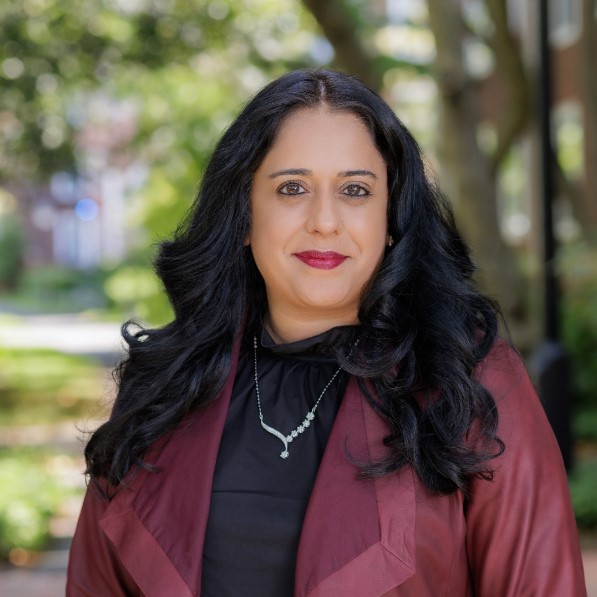
Rupal Gadhia
A new role
Working in admissions is admittedly different from anything she had done before. Gadhia’s career has been versatile and full of variety – she went from an engineering degree to an MBA, to branding, management and consulting. But the chance to return to Harvard Business School was too good to resist. “It read like my dream job, I couldn’t resist reaching out about it. HBS had such a profound impact on my life and is responsible for one of the biggest growth periods of my life,” she says. As she oversees the admissions process, Gadhia will also play a key role in the school’s diversity and inclusion efforts, by “building upon previous efforts to increase access and affordability and remove financial barriers for applicants and students from diverse socio-economic backgrounds.”
Rupal Gadhia holds a degree in engineering and then completed her MBA at Harvard Business School in 2004. She kickstarted her career in brand management at Sara Lee, and then moved on to Campbell Soup Company. From there, she moved to Booz & Co as a management consultant and then to Brand Union. In 2017, she was hired by Genpact as their global vice president of brand and digital marketing. Although her career trajectory in the branding and management sector was markedly on the rise, Gadhia couldn’t resist the opportunity to do something in return for the school that has given her so much.
Early life
Born and raised in Rochester, NY, her parents were among the large crop of Indians who evacuated Uganda in the 1970s, when dictator Idi Amin came to power. They left Africa as refugees and settled down in Rochester. “They came from warm tropical climates to literally the snowiest place ever,” smiles Gadhia, in an interview with Harvard Business School. In school, she was one of the only Indian kids in her class. On weekends, however, she was surrounded by other Indian families “that were like family to me – because my real grandparents, cousins, aunts and uncles were continents away.”
When the time came to pick a career, Gadhia was expected (obviously) to choose between medicine or engineering. At the time, though, she believed that interior decorating was her calling. That wasn’t likely to go down too well in a traditional Indian family, so Gadhia picked engineering “to check that box.” She graduated from college and worked for one year before heading to Harvard Business School, where her life would change dramatically.
She chose classes in marketing and social enterprise and when it was time to graduate, leaned very much towards the latter. Her mentor advised her to go out and get skills that could benefit a non-profit before entering the sector. “That took me to Sara Lee and the Campbell Soup Company in marketing/brand management,” she says.
Pivot into management consulting
After a couple of years in the space, Gadhia moved to New York, hoping to pivot into management consulting. She had a job offer at Booz & Company (which has since been acquired by PWD). Her role there was versatile; she was “working on everything from growth strategy to merger integrations to a lot of cost-cutting projects as we were entering the recession.” Gadhia had found two areas of interest – branding and consulting. She put them together at the Brand Union and Interbrand. “I was able to work with some of the most amazing brands, helping them reposition, strengthen their brands and develop the right go-to-market strategies,” she explains.

Harvard Business School
Gadhia stayed in this space for nearly a decade, during which she also met the man she would marry. She moved to Boston to be with him and joined Genpact, a B2B company that works to digitally transform back and middle offices for large corporations. For five years, Gadhia led a team of over 50 people across “brand, editorial communications, talent marketing, digital marketing, social media and creative.”
Heading admissions at HBS
“After almost 20 years, I finally feel like I have the marketing and social enterprise skills my mentor suggested I develop,” says the Global Indian. “This role will leverage my background in marketing and give me the opportunity to continue to learn and grow from the best and brightest.” Her role involves showcasing the HBS MBA and how it “can provide students with skills, relationships and opportunities that can help them throughout every chapter of their career.” Also in focus is helping prospective students understand that business can play a key role in addressing society’s most complex and pressing problems.
Gadhia admits that there has been more scrutiny on college admissions of late, and will tackle this too. Early in 2023, the Education Department opened an inquiry into Harvard University’s legacy admissions policy, after the US Supreme Court’s decision against affirmative action in higher education caused a political backlash, including from Representative Alexandria Ocasio-Cortez. “I am confident that we can maintain our community values of being respectful and accountable to the law,” Gadhia said, adding, “while continuing to strive for the diversity and inclusion that is so critical to educating leaders who will make a difference in the world.”
Follow Rupal Gadhia on LinkedIn


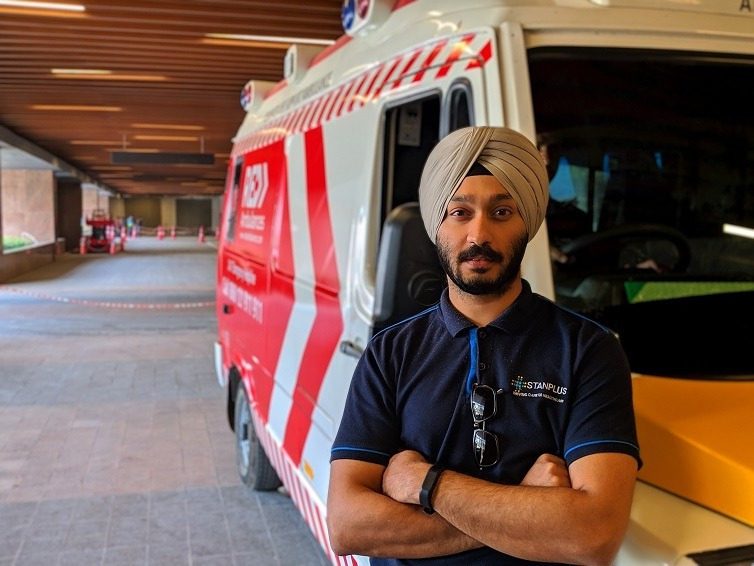

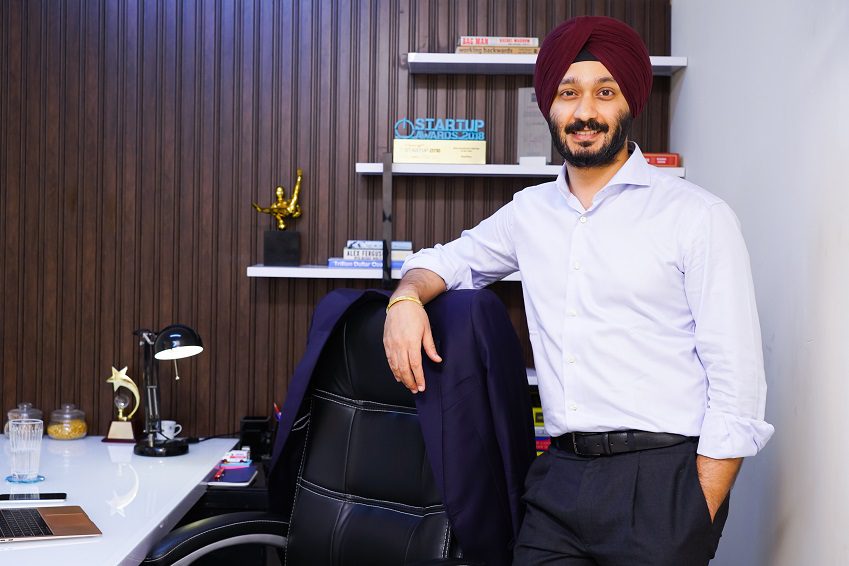

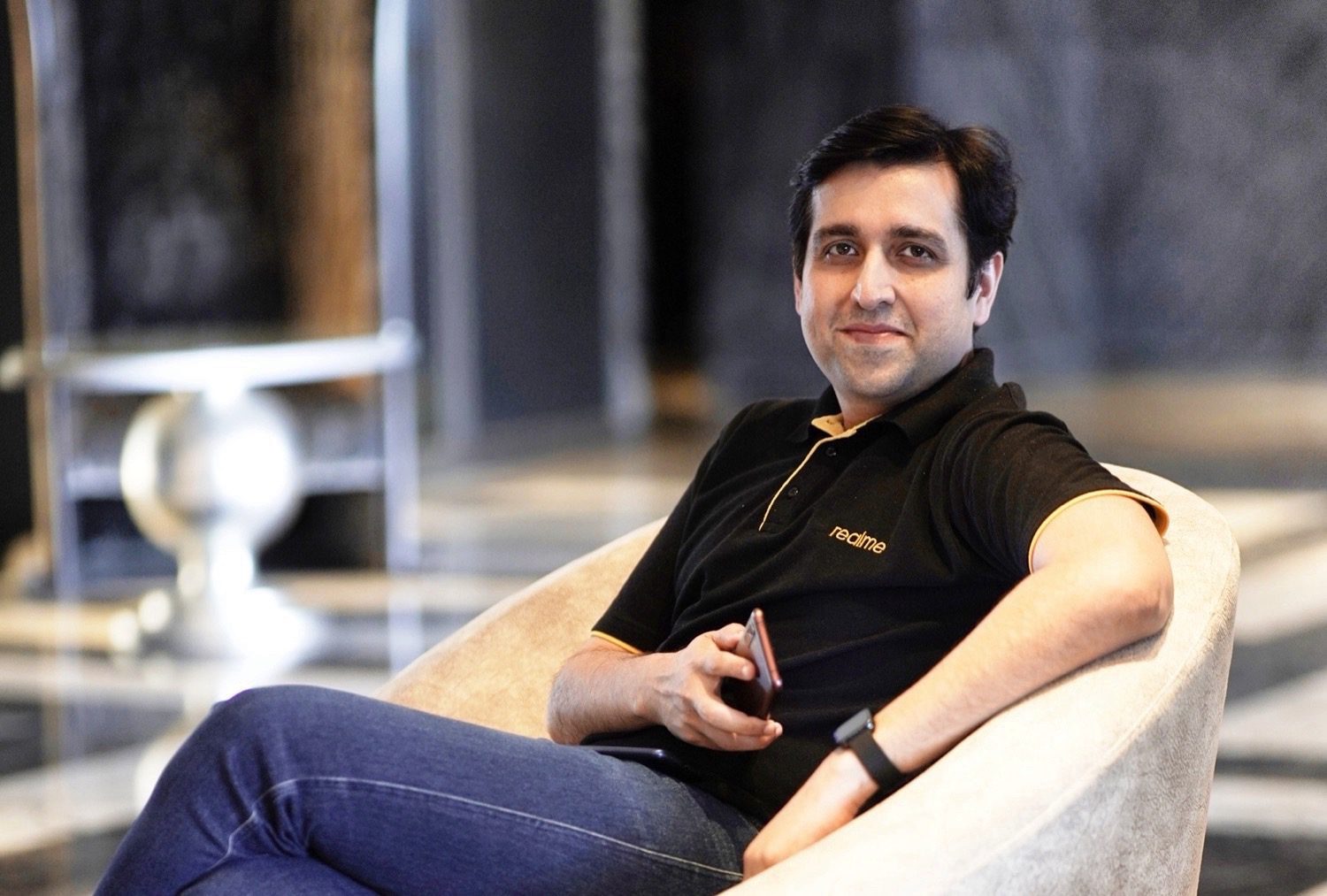

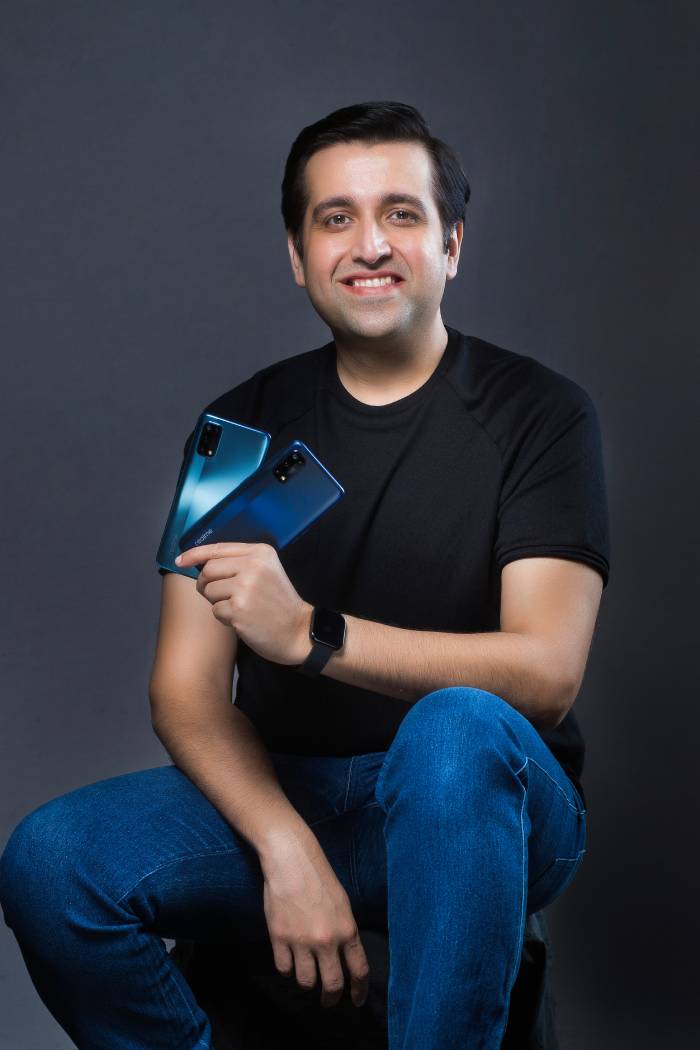
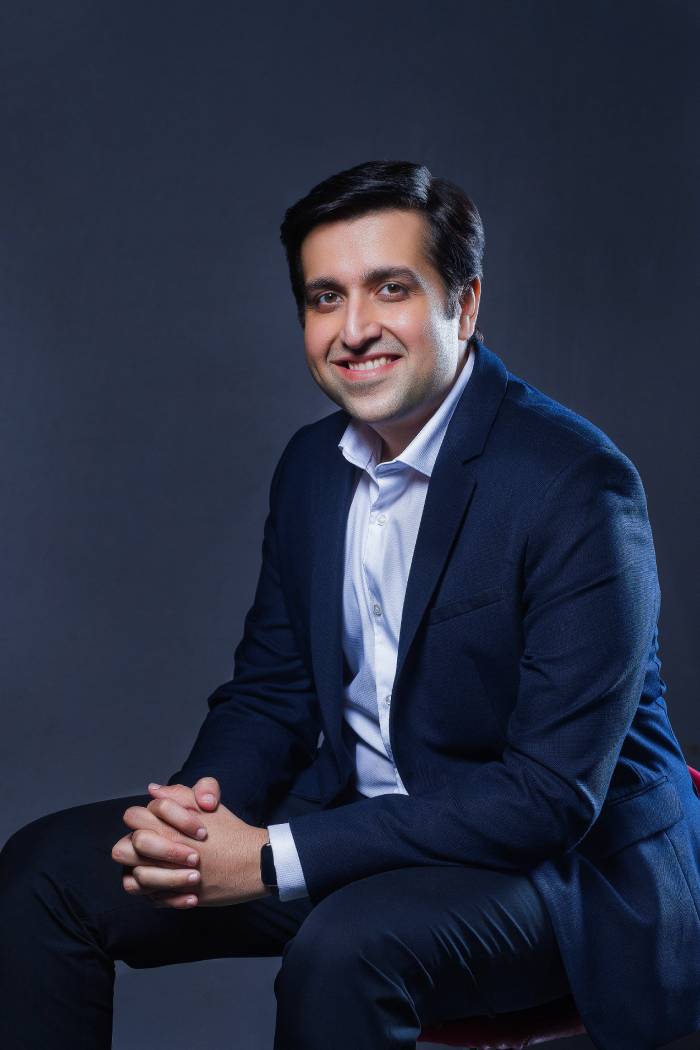

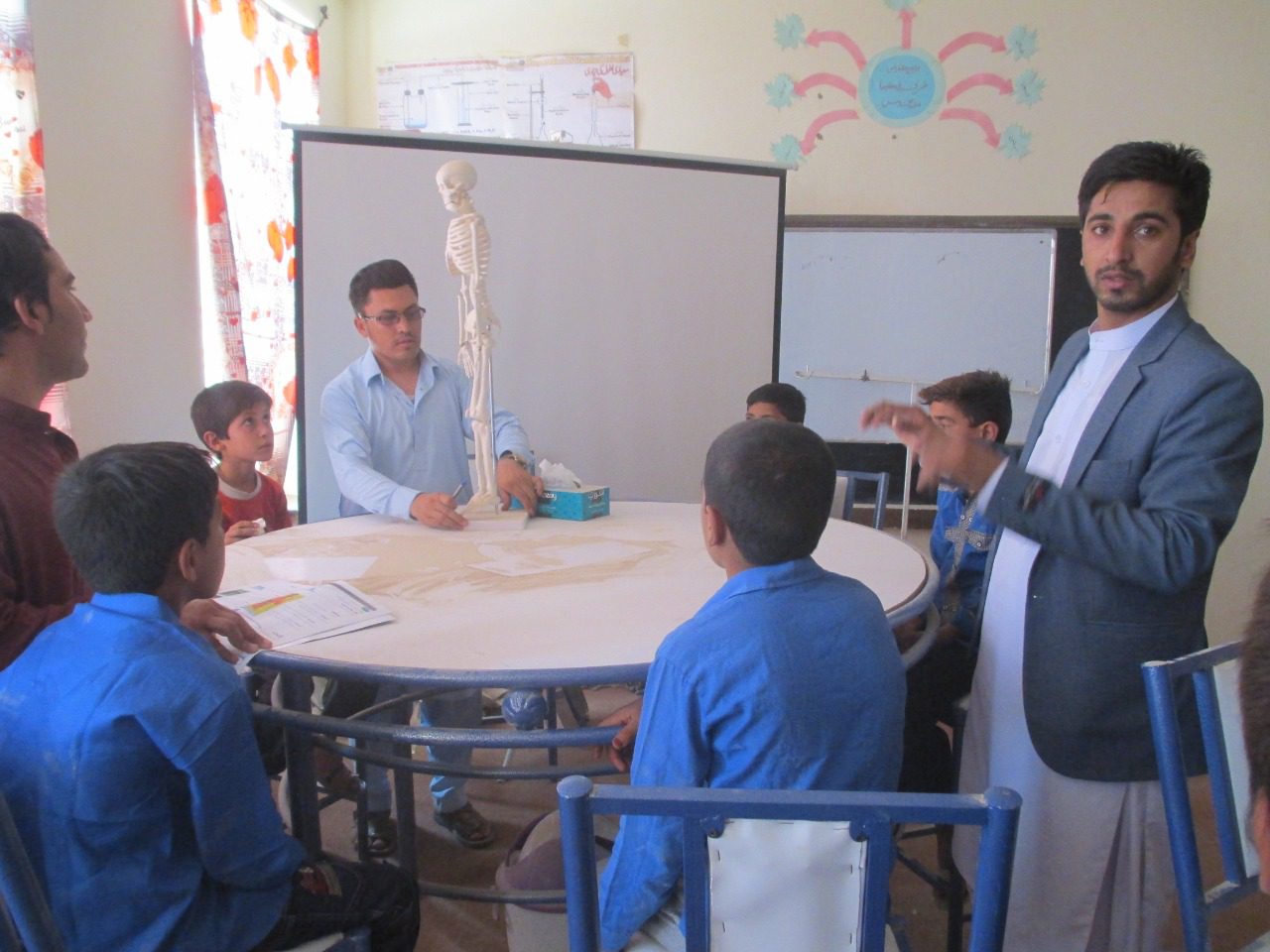 Abdul Rahimi (extreme right) worked as a language trainer in Afghanistan[/caption]
Abdul Rahimi (extreme right) worked as a language trainer in Afghanistan[/caption]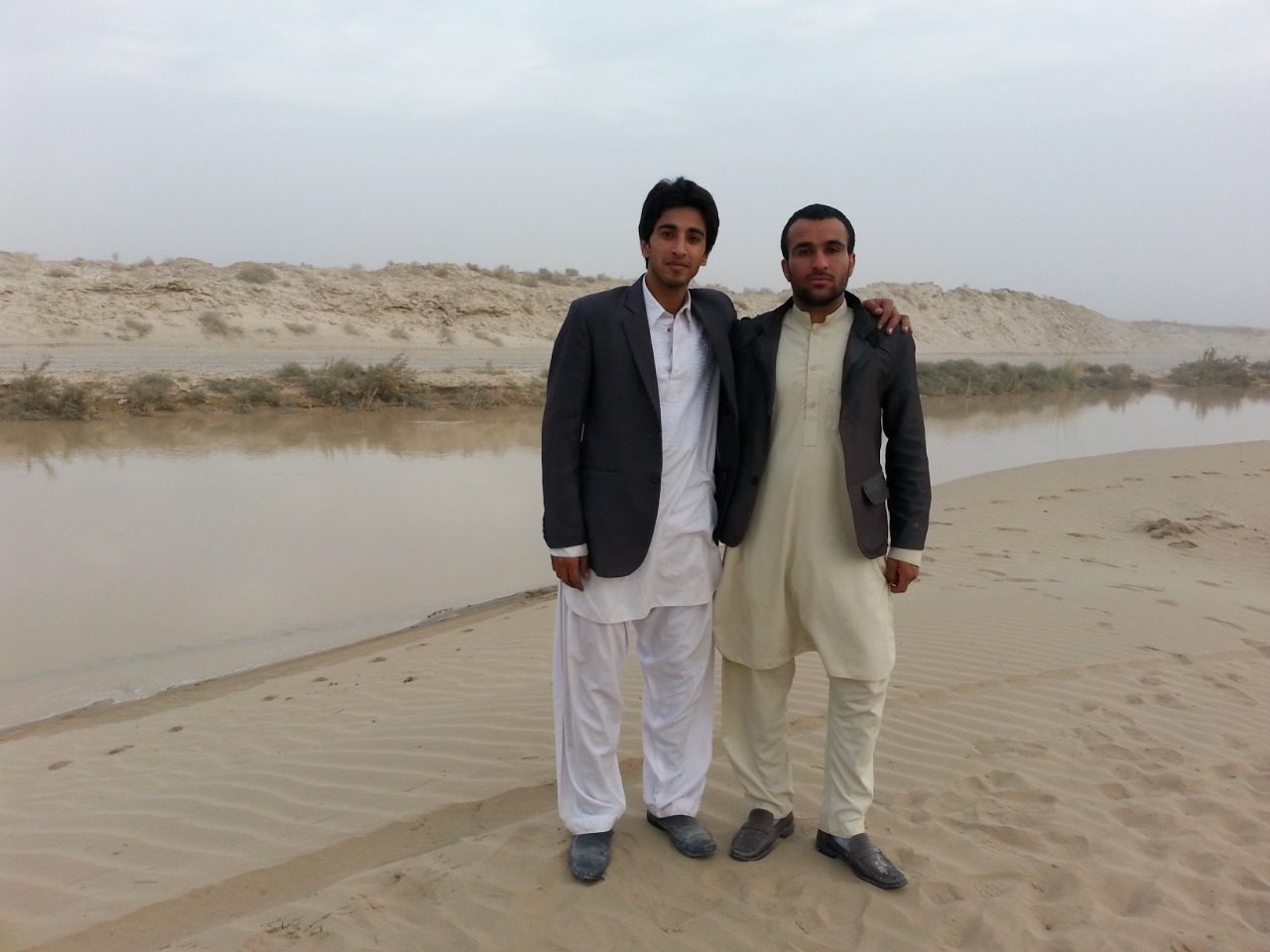 Abdul Rahimi (left) back home in Afghanistan during happier times[/caption]
Abdul Rahimi (left) back home in Afghanistan during happier times[/caption]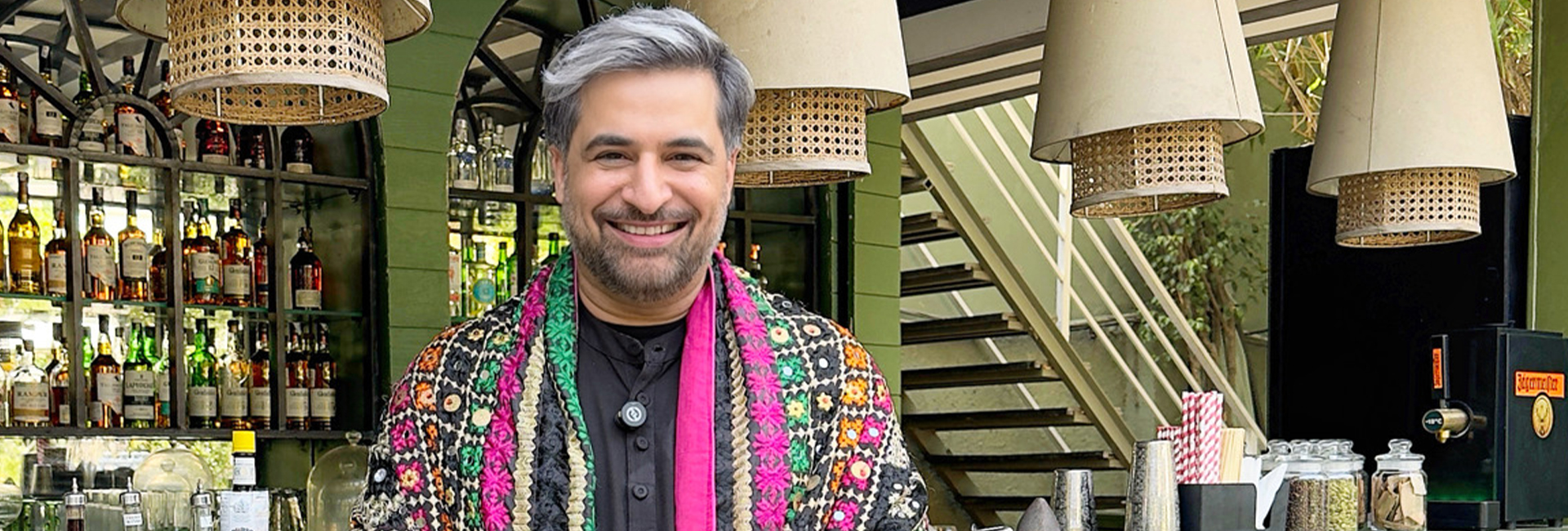
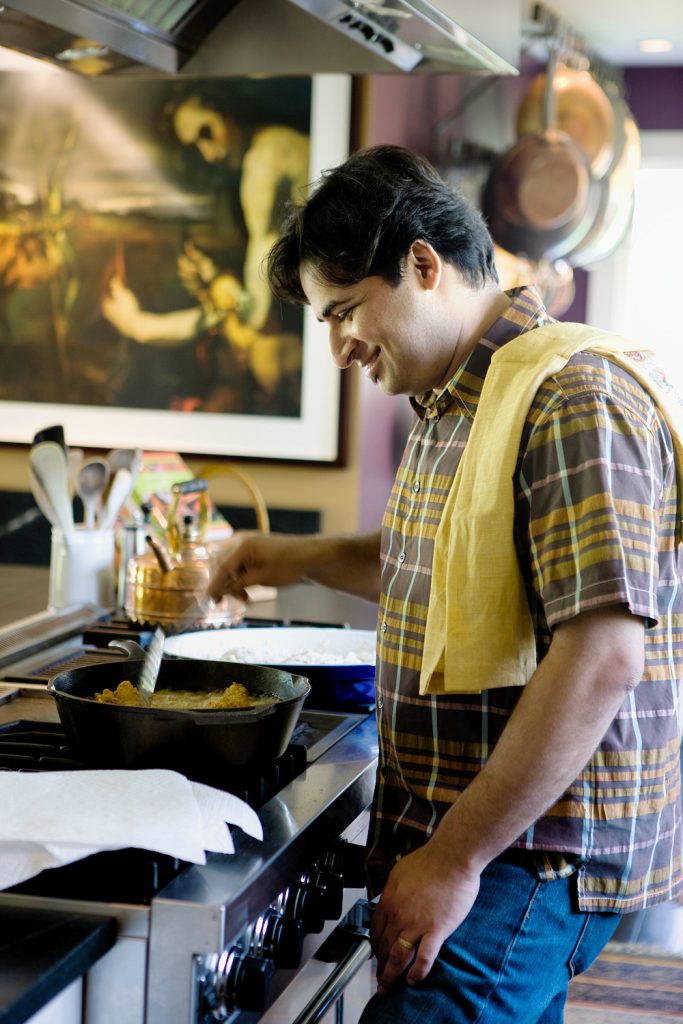
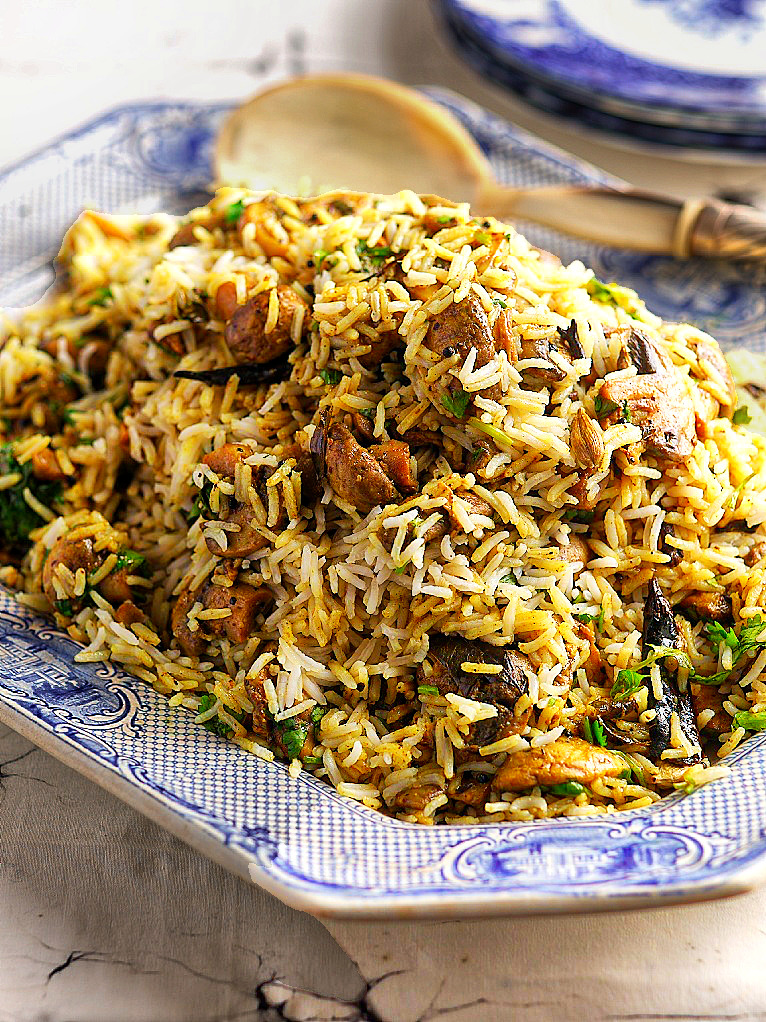 Malabar Mushroom Biryani[/caption]
Malabar Mushroom Biryani[/caption]
 Grandma's cornbread[/caption]
Grandma's cornbread[/caption]
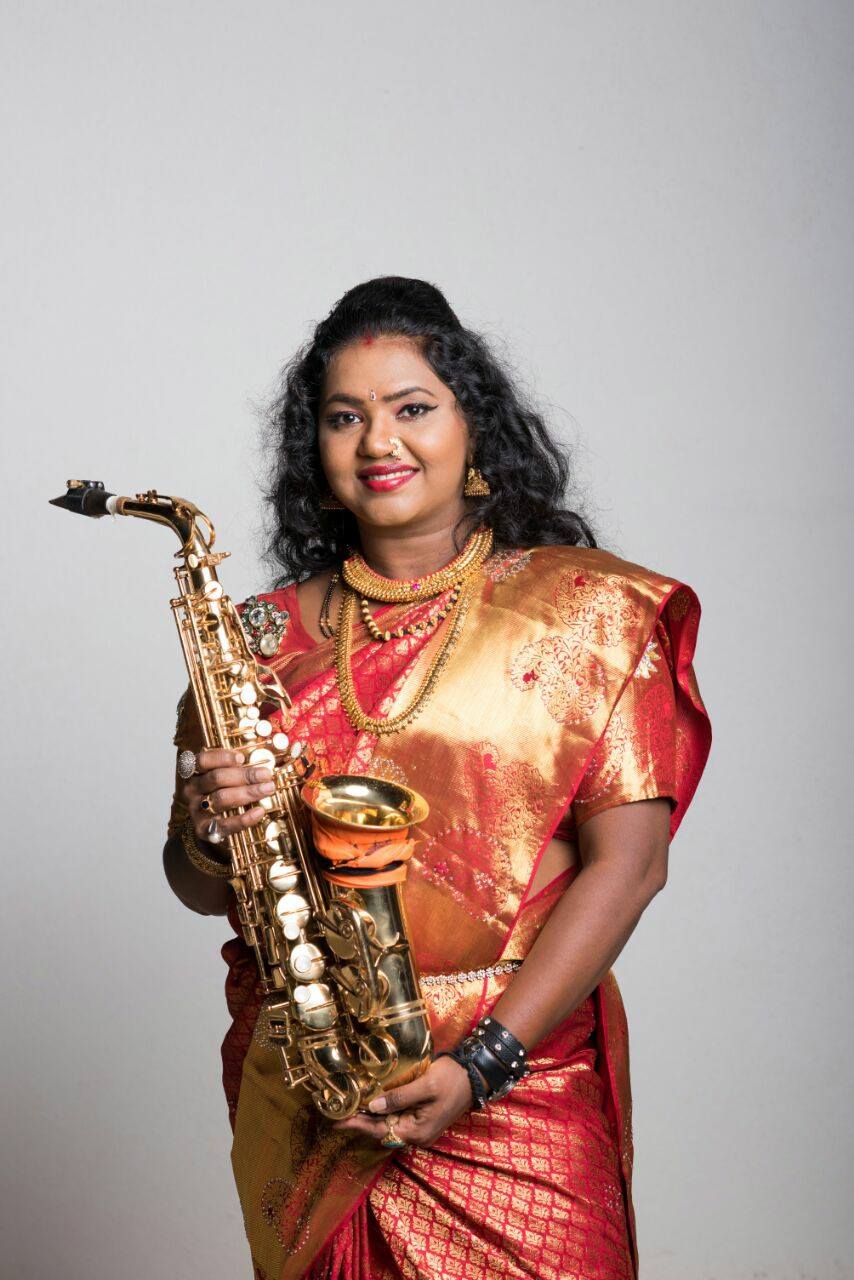 Saxophone Subbalaxmi[/caption]
Saxophone Subbalaxmi[/caption]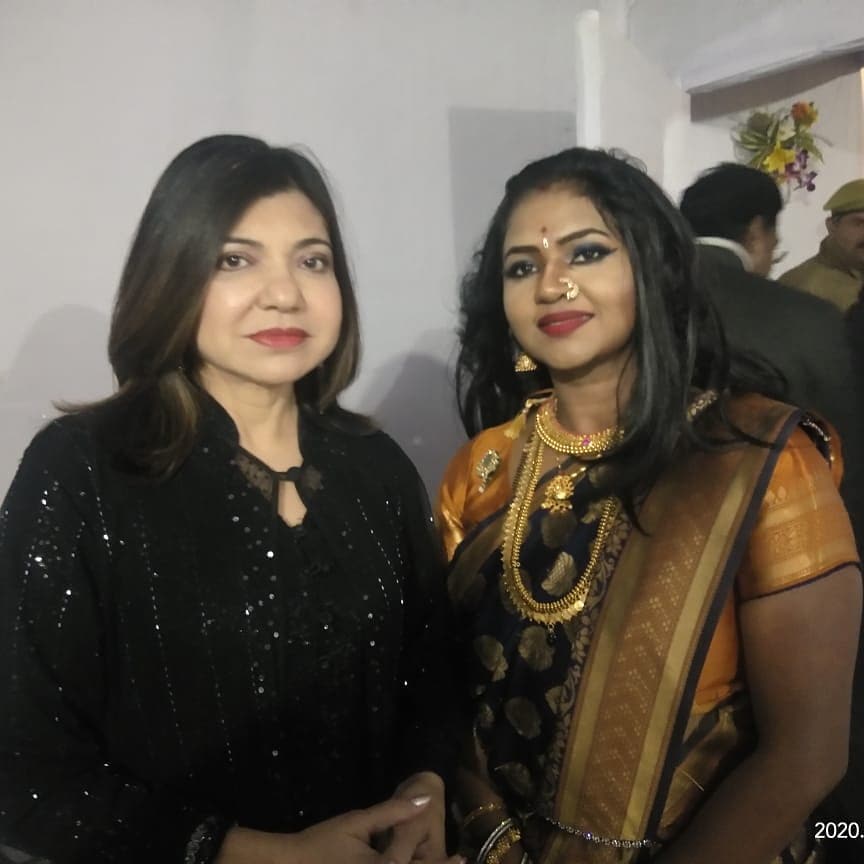 Saxophone Subbalaxmi with popular Bollywood singer, Alka Yagnik[/caption]
Saxophone Subbalaxmi with popular Bollywood singer, Alka Yagnik[/caption]